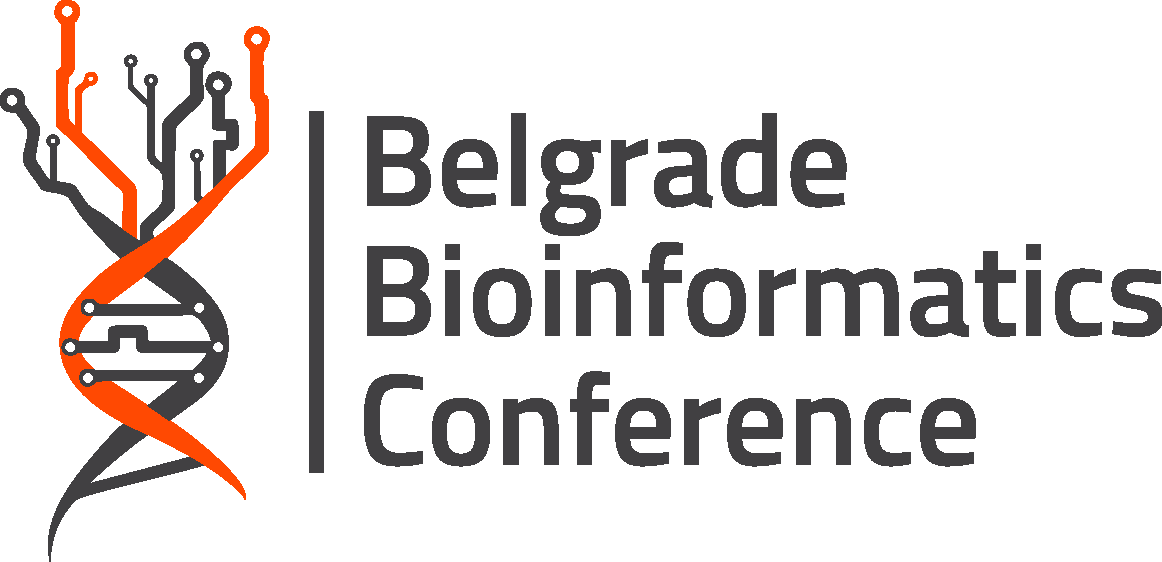Suvorova Y1*, Monakhova A1, Gurzhikhanova M2, Zaigrin I1 , Antonov I1 , Musharova O1, Klimuk E1, Severinov K1
1 Limited Liability Company “Biotechnology campus”, Moscow, Russia
2 Dmitry Rogachev Center of Pediatric Hematology, Oncology and Immunology, Moscow, Russia
ysuvorova [at] biotc.ru
Abstract
Pharmacogenetics is the study of the genetic basis of individual responses to drugs. Adverse drug reactions (ADR) effects occur when an individual with a certain risk genotype gets a certain drug. The majority of risk genotype carriers are unaware of their genetic predisposition. Information about an association between genotypes and drug responses helps drug prescription and dosage. It is particularly important when patients receive many drugs during the treatment courses, such as treatment from acute lymphoblastic leukemia (ALL) in Dmitry Rogachev Center of Pediatric Hematology, Oncology and Immunology. The goal of our work was to develop a personal pharmacogenetic report for childhood ALL patients based on WGS data.
In collaboration with the doctors we have compiled a list of drugs and the most relevant side effects of the treatment. Based on literature and public resources analysis we collected a database of genomic variants and haplotypes associated with ADR of ALL therapy. Our pharmacogenetic report lists risks of side effects of 25 drugs based on haplotypes of 13 pharmacogenes and almost 100 short variants.
To define haplotypes of the pharmacogenes we have developed a bioinformatics pipeline that includes public tools and our own code. The pipeline was validated on reference samples from the GetRM dataset and 1000 WGS samples from the “100,000+Me” Initiative. A Django-based system was developed for the ADR risks calculation and reports generation. The system takes WGS data as an input, creates predictions for each drug and generates a final pdf report for the patient. Genotypes, haplotypes and predictions are stored in a database for further analysis. Over 50 reports were already issued to the chemotherapy specialists to assist them during the drug and dosage selection process.
Keywords: pharmacogenetics, acute lymphoblastic leukemia, WGS, personalized medicine

